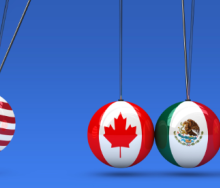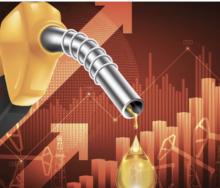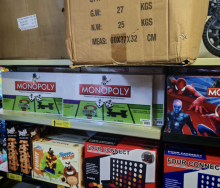With the current orderbook of 90 mega-vessels of more than 14 000 TEUs to be delivered in the next three years, the Asia-Europe trade will see 88% of vessels in excess of 14 000 TEUs by 2020, according to SeaIntel Maritime Analysis.
“Asia-Europe is already close to the limit of what this trade can reasonably be expected to absorb until 2020 in terms of vessel upgrades. Further vessel ordering in the 18,000+ TEU category is highly likely to result in excess capacity issues,” says SeaIntel CEO, Alan Murphy said.
“Assuming a healthy 5% demand growth in the coming three years, and also assuming the same degree of vessel utilisation as seen in 2017, the Asia-North Europe trade will be fully covered by just 15 weekly services (essentially forcing each of the alliances to permanently eliminate one of their current services). Furthermore, this will require 165 vessels. The current orderbook will result in a fleet of 125 vessels in excess of 18 000 by end-2020.”
From this perspective, he believes there would be “room” to phase in another 40 vessels of 18 000 TEUs and above on the Asia-North Europe trade. “But this perspective is extremely narrow and fully disregards the cascading ramifications. Existing cascading of 14 000-17 000-TEU vessels to the Asia-Mediterranean trade will, by end-2020, increase the composition of vessels in excess of 14 000 TEUs to 83%, and the trade lane will be entirely unable to absorb more than a small portion of the spill-over from the North European trade.
“Of course, 18 000+ TEU vessels can also be phased directly into the Mediterranean trade, there is nothing preventing this scenario. From that perspective, the field is wide open for more orders of 18 000+ TEU tonnage. However, this will further exacerbate the cascading issues.”
If the carriers end up taking advantage of the current low newbuilding prices, and order the “remaining” 40 mega-vessels, thus bringing the entire Asia-North Europe trade lane to 18,000+ TEU, the Asia-Mediterranean trade will not be able to receive the cascaded vessels, and even more trades will feel the capacity squeeze, he adds.













